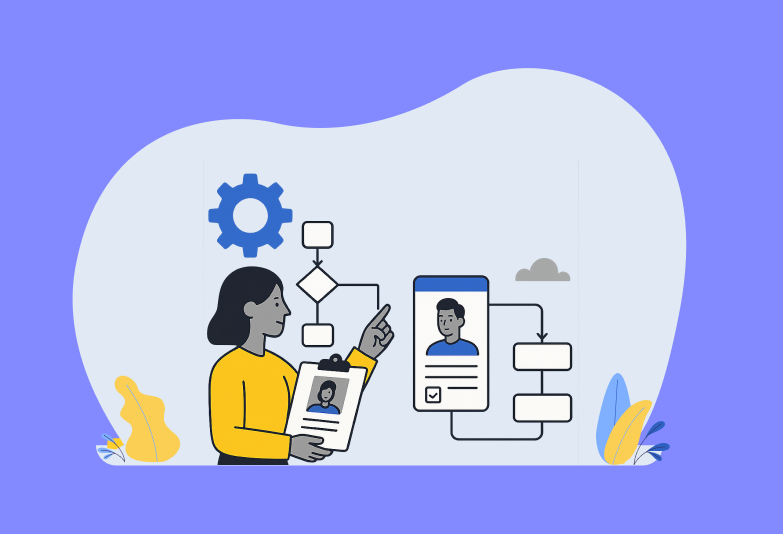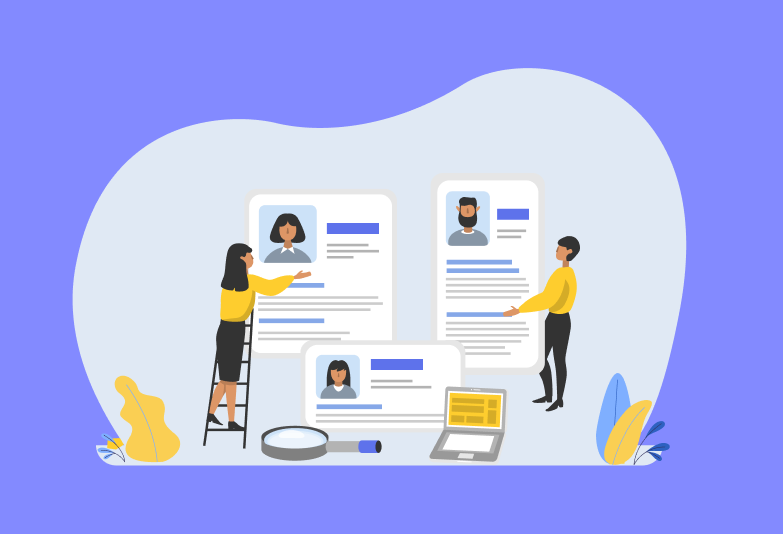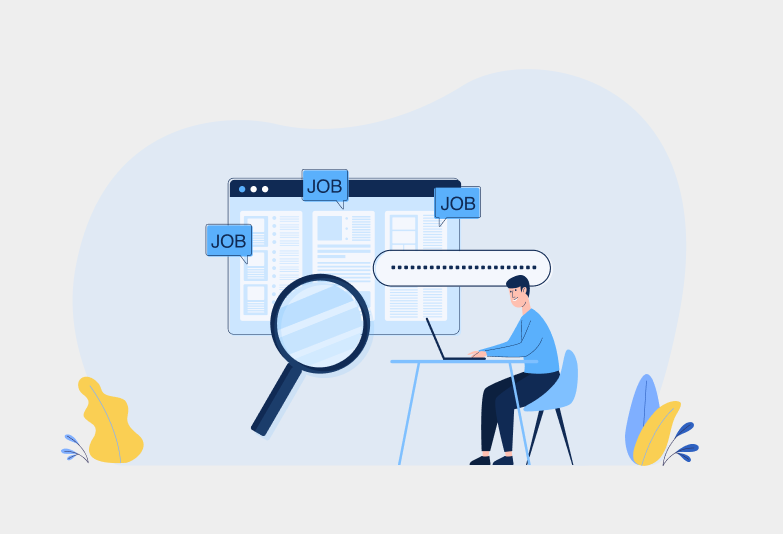Among so many professionals, a new tide of leaders is reshaping the workplace. They come up with a fresh outlook and a completely new approach to work. Gen Z, or Generation Z, is a socially concise, educated, and diverse generation. By 2025, Gen Z will constitute 27% of the global workplace.
It will happen because of their great technology knowledge, unique values, and exceptional dedication to offering the best solution. But what is wrong with Gen Z? Why are companies not hiring them? Are there any ways to motivate these workers?
Let’s understand the answer to these questions.
What is the biggest challenge faced by this generation of workers?
Gen Z workers, or digital natives, are workers born between the mid-1990s and early 2000s. The Internet and technology are important aspects of their lives. They are adaptable, versatile, and progressive-minded.
But what is the biggest problem Gen Z faces?
- What makes Gen Z difficult to work with is their high demands and distinct characteristics.
- Even though they value social responsibility, their mindset differs from the older generation’s.
- One of the main Gen Z problems is that they seek more opportunities and prioritize financial security.
- Gen Z workers are unhappy with the stagnant salaries and unrewarding job functions.
- They want to progress with technology and value learning new skills.
- Some workers even complain of not having stable mental health at their workplace. 28% of this generation’s workers reported struggling with mental health problems.
What are the problems with Gen Z workers?
Gen Z employees are different from the older generation in several ways. For example, 25% of them are more likely to work in multiple jobs. But why do companies not want to hire Gen Z workers? Let’s hear that out!
Communication preferences
One of the main problems with Gen Z in the workplace is their communication preferences. They prefer instant video conferencing and messaging over traditional phone calls or emails. These workers also value prompt responses and real-time communication and avoid outdated communication channels.
Expectation of work-life balance
Unlike previous generations, Gen Z workers want to balance their work and personal lives. They do not want to mix these two and seek flexibility in their working schedule. So, they prefer remote work nowadays. It offers them flexible working hours, reducing their stress level and help them avoid office politics.
Traditional work culture
One of the main generation Z challenges is that they do not want to work in a traditional work culture. They have different perspectives and prefer a more collaborative environment. The workers pay more attention to equal contributions and active participation. They prefer companies that value experimentation and innovation.
Thirst for swift results
The thirst for an immediate outcome has become one of the main problems with Gen Z in the workplace. They prefer quick results and become frustrated with delayed assignments. They want a streamlined workflow within the organization. It helps them meet their expectations of productivity and efficiency.
Mentorship gaps
Even after their technological proficiency, they crave mentorship from experienced professionals. They want the right guide who can help in their professional growth. The workers prefer experts who can offer relevant career advice. However, companies’ mentorship gaps create a problem for them when continuing their work.
What motivates Gen Z in the workplace?
Now that you know what is the biggest problem Gen Z faces in their workplace. It is time to know what motivates them to work for an organization.
Proper work-life balance
Gen Zs value flexible work arrangements, so they love to work with benefits like convenient schedules and remote work options. 77% of Gen Z workers reported preferring work-life balance when considering job opportunities, which can improve their mental health, satisfaction, and productivity.
Promoting diversity and inclusion
Gen Zs value diversity and inclusion in the workplace. They seek environments where they can feel valued and respected. The workers prefer companies that promote innovation, creativity, and different ideas.
Instant feedback and recognition
The Gen Z workers want recognition and regular feedback for their contributions. So, they give more value to the employers who give on-time feedback. They want their companies to acknowledge their achievements and celebrate milestones. It motivates the workers at their workplace.
Collaborative engagement
The Gen Zs thrive in collaborative work environments. They want to team up with people in their organization and share ideas. They value working towards common goals and collective problem-solving. This further can create a more supportive work culture and foster innovation.
Usage of technology
Gen Z prefers companies with technology-driven environments. So, companies must have the advanced tools and technologies to motivate these workers to work. This fuels their efficiency and productivity. With this, they can stay competitive as well.
Final thoughts
Gen Z workers are the future of the workforce, but recruiting them is difficult. They have different behaviors, challenges, and expectations, making it tough for companies to retain these talents.
However, companies can overcome these difficulties if they know what motivates these workers. You can integrate a hiring software, Jobsoid, to speed up your hiring process and recruit the best Gen Z workers for your company.
Book your free trial today and start recruiting.

 Anjali Saini
Anjali Saini 

